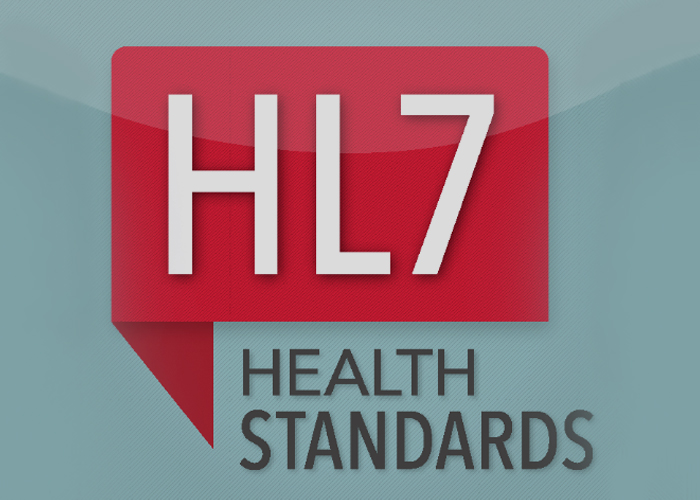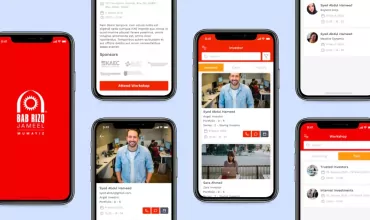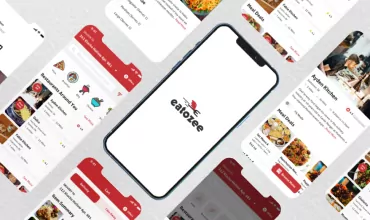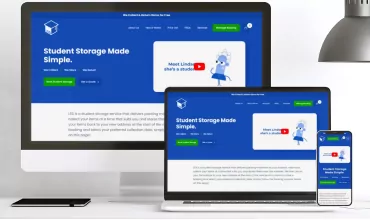Why do you need HL7 standards for Medical Software?

Table of Contents
Information Technology (IT) touches every system that touches our lives, and healthcare system is no exception. Today, as patient health data access and transfer play a vital role in implementing contemporary healthcare system, common healthcare standard is required to ensure privacy protection of patients as well as safe and secure data transfer. As the healthcare technology advances further, healthcare standards are also amended, and the standards authority comes forward with newer versions.
What is HL7?
Health Level-7 or HL7 is a set of international health standards for the transfer of both clinical and administrative data between various software applications. The HL7 standards are given by an international standards organization, Health Level Seven International (an ANSI- American National Standards Institute accredited non-profit organization) to focus on the application layer in health-related applications used by various healthcare service providers. These standards are necessary for the development of international healthcare standards using information technology.
HL7 International gives some flexible primary standards along with necessary guidelines and methodologies, through which various healthcare systems can communicate, collaborate, interact, and integrate with one another. In other words, these standards are meant to be served as a healthcare integration resource center for those who are involved with healthcare sector.
What are the benefits of HL7 Standards?
HL7 standards act as a bridge between modern healthcare services and advancing information technology. Following benefits make them necessary for developing medical software that contains patient information and other critical data:
- Facilitate interoperable system development for better collaboration and communication between different healthcare systems
- Facilitate implementation of cost-effective healthcare solutions
- Facilitate access and modification of documents and messages regarding patient care
- Facilitate data transfer anywhere among the concerned healthcare professionals and service providers
- Facilitate public health information sharing for better coordination of health services
- Assist in creating electronic health records
- Enable healthcare professionals to use genomic data along with miscellaneous clinical information of patients
- Facilitate communication and collaboration between various systems
In brief, when it comes to access to patient data inside and outside the hospitals, HL7 standards are highly useful for developing customized medical software.



